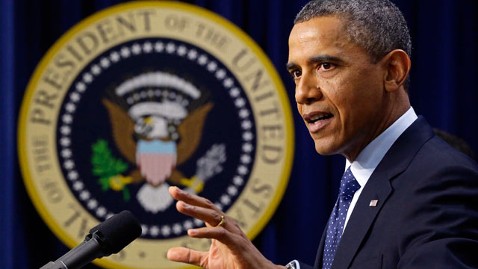AZAZ, Syria (Reuters) - At least 11 people were killed and 40 wounded when a car bomb exploded at a crowded petrol station in the Syrian capital Damascus on Thursday, opposition activists said.
The station was packed with people queuing for fuel that has become increasingly scarce during the country's 21-month-long insurgency aimed at overthrowing President Bashar al-Assad.
The semi-official al-Ikhbariya television station showed footage of 10 burnt bodies and Red Crescent workers searching for victims at the site.
The opposition Revolution Leadership Council in Damascus said the explosion was caused by a booby-trapped car.
There was no immediate indication of who was responsible for the bombing in the Barzeh al-Balad district, whose residents include members of the Sunni Muslim majority and other religious and ethnic minorities.
"The station is usually packed even when it has no fuel," said an opposition activist who did not want to be named. "There are lots of people who sleep there overnight, waiting for early morning fuel consignments."
It was the second time that a petrol station has been hit in Damascus this week. Dozens of people were incinerated in an air strike as they waited for fuel on Wednesday, according to opposition sources.
In northern Syria, rebels were battling to seize an air base in their campaign against the air power that Assad has used to bomb rebel-held towns.
More than 60,000 people have been killed in the uprising and civil war, the United Nations said this week, a much higher death toll than previously thought.
DRAMATIC ADVANCES
After dramatic advances over the second half of 2012, the rebels now hold wide swathes of territory in the north and east, but they cannot protect towns and villages from Assad's helicopters and jets.
Hundreds of rebel fighters were attempting to storm the Taftanaz air base, near the highway that links Syria's two main cities, Aleppo and Damascus.
A rebel fighter speaking from near the Taftanaz base overnight said much of the base was still in loyalist hands but insurgents had managed to destroy a helicopter and a fighter jet on the ground.
The northern rebel Idlib Coordination Committee said the rebels had detonated a car bomb inside the base.
The government's SANA news agency said the base had not fallen and that the military had "strongly confronted an attempt by the terrorists to attack the airport from several axes, inflicting heavy losses among them and destroying their weapons and munitions".
Rami Abdulrahman, head of the opposition-aligned Syrian Observatory for Human Rights which monitors the conflict from Britain, said as many as 800 fighters were involved in the assault, including Islamists from Jabhat al-Nusra, a powerful group that Washington considers terrorists.
Taftanaz is mainly a helicopter base, used for missions to resupply army positions cut off by the rebels, as well as for dropping crude "barrel bombs" on rebel-controlled areas.
Near Minakh, another northern air base that rebels have surrounded, government forces have retaliated by shelling and bombing nearby towns.
NIGHTLY BOMBARDMENTS
In the town of Azaz, where the bombardment has become a near nightly occurrence, shells hit a family house overnight. Zeinab Hammadi said her two wounded daughters, aged 10 and 12, had been rushed across the border to Turkey, one with her brain exposed.
"We were sleeping and it just landed on us in the blink of an eye," she said, weeping as she surveyed the damage.
Family members tried to salvage possessions from the wreckage, men lifting out furniture and children carrying out their belongings in tubs.
"He (Assad) wants revenge against the people," said Abu Hassan, 33, working at a garage near the destroyed house. "What is the fault of the children? Are they the ones fighting?"
Opposition activists said warplanes struck a residential building in another rebel-held northern town, Hayyan, killing at least eight civilians.
Video footage showed men carrying dismembered bodies of children and dozens of people searching for victims in the rubble. The provenance of the video could not be independently confirmed.
In addition to their tenuous grip on the north, the rebels also hold a crescent of suburbs on the edge of Damascus, which have come under bombardment by government forces that control the center of the capital.
On Wednesday, according to opposition activists, dozens of people died in an inferno caused by an air strike on a petrol station in a Damascus suburb where residents were lining up for fuel.
The civil war in Syria has become the longest and bloodiest of the conflicts that rose out of uprisings across the Arab world in the past two years.
Assad's family has ruled for 42 years since his father seized power in a coup. The war pits rebels, mainly from the Sunni Muslim majority, against a government supported by members of Assad's Shi'ite-derived Alawite minority sect and some members of other minorities who fear revenge if he falls.
The West, most Sunni-ruled Arab states and Turkey have called for Assad to step down. He is supported by Russia and Shi'ite Iran.
(Additional reporting by Khaled Yacoub Oweis in Amman and Dominic Evans in Beirut; Writing by Peter Graff; Editing by Ruth Pitchford and Giles Elgood)










